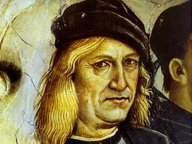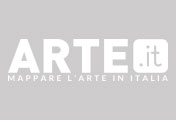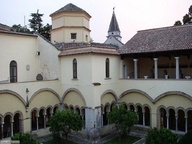Aleksander Velišček. Gullivers
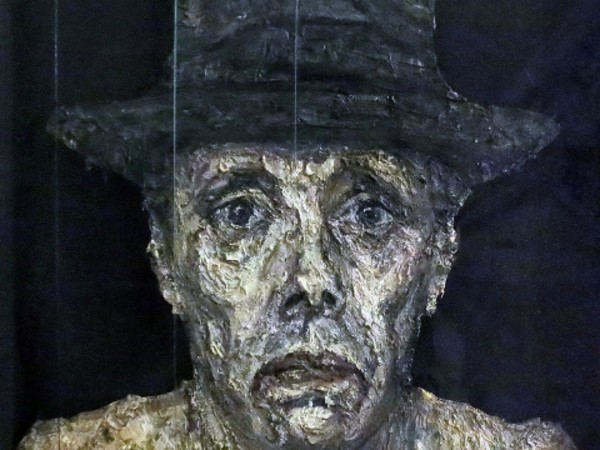
Aleksander Velišček. Gullivers, A+A Centro Espositivo Sloveno - A plus A, Venezia
From 21 Febbraio 2015 to 26 Febbraio 2015
Venice
Place: A+A Centro Espositivo Sloveno - A plus A
Address: calle Malipiero 3073
Times: Tuesday to Saturday 11am-02pm / 03-06pm
Responsibles: Aurora Fonda
Telefono per informazioni: +39 041 2770466
E-Mail info: info@aplusa.it
Official site: http://www.aplusa.it
The exhibition presents a selection of recent work of the young Slovenian artist, or seven paintings that depict, in an unconventional way, different personalities including intellectuals, writers, journalists and politicians such as the journalist Anna Politkovskaya, Edward Snowden and Bradley Manning. By distinguishing characteristics of each of these faces emerge violently signs of a political struggle, the defense of a cause, of an entire life dedicated to chase an ideal. Like Gulliver of Swift, the human figure, painted by the Slovenian, appears trapped, not by ropes, but by organic structures and metal joints similar to orthopedic supports. The title of the polysemic staff Velišček evokes not only the well-known hero of the novel by Jonathan Swift, Gulliver is in fact used the word to mean "head" also by the characters of the novel A Clockwork Orange, the writer Anthony Burgess.
Gulliver is a lemma of the terminology "Nasdat" invented by the writer for his novel of 1962, and then revived in the famous film adaptation of Stanley Kubrick. The language "Nasdat" is derived from the fusion of words of English and Russian, the two idioms that represent the main political forces of that time: thus, the gratuitous violence that pervades the novel and the film is contextualized by a lexicon able to detect political causes-social, just as happens in the research and painting Velišček.
Gulliver is a lemma of the terminology "Nasdat" invented by the writer for his novel of 1962, and then revived in the famous film adaptation of Stanley Kubrick. The language "Nasdat" is derived from the fusion of words of English and Russian, the two idioms that represent the main political forces of that time: thus, the gratuitous violence that pervades the novel and the film is contextualized by a lexicon able to detect political causes-social, just as happens in the research and painting Velišček.
SCARICA IL COMUNICATO IN PDF
COMMENTI

-
 Dal 20 dicembre 2024 al 04 maggio 2025
Fermo | Palazzo dei Priori
Dal 20 dicembre 2024 al 04 maggio 2025
Fermo | Palazzo dei Priori
-
 Dal 20 dicembre 2024 al 04 maggio 2024
Gorizia | Palazzo Attems Petzenstein
Dal 20 dicembre 2024 al 04 maggio 2024
Gorizia | Palazzo Attems Petzenstein
-
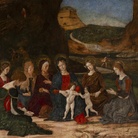 Dal 18 dicembre 2024 al 18 dicembre 2024
Venezia | Museo Correr
Dal 18 dicembre 2024 al 18 dicembre 2024
Venezia | Museo Correr
-
 Dal 14 dicembre 2024 al 02 marzo 2025
Palermo | Palazzo Abatellis
Dal 14 dicembre 2024 al 02 marzo 2025
Palermo | Palazzo Abatellis
-
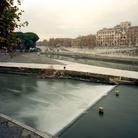 Dal 12 dicembre 2024 al 23 febbraio 2025
Roma | Palazzo Altemps
Dal 12 dicembre 2024 al 23 febbraio 2025
Roma | Palazzo Altemps
-
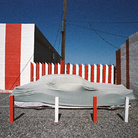 Dal 13 dicembre 2024 al 31 agosto 2025
Roma | Museo dell'Ara Pacis
Dal 13 dicembre 2024 al 31 agosto 2025
Roma | Museo dell'Ara Pacis
